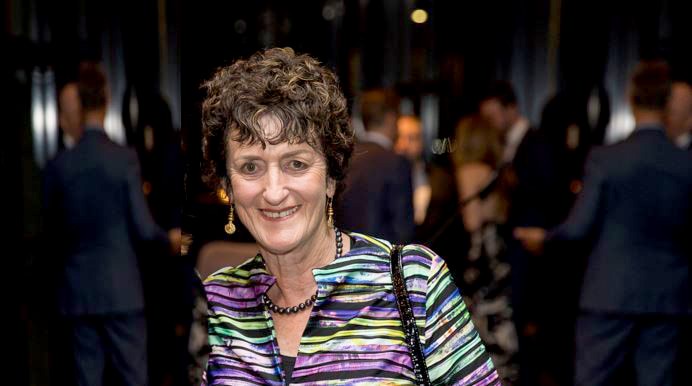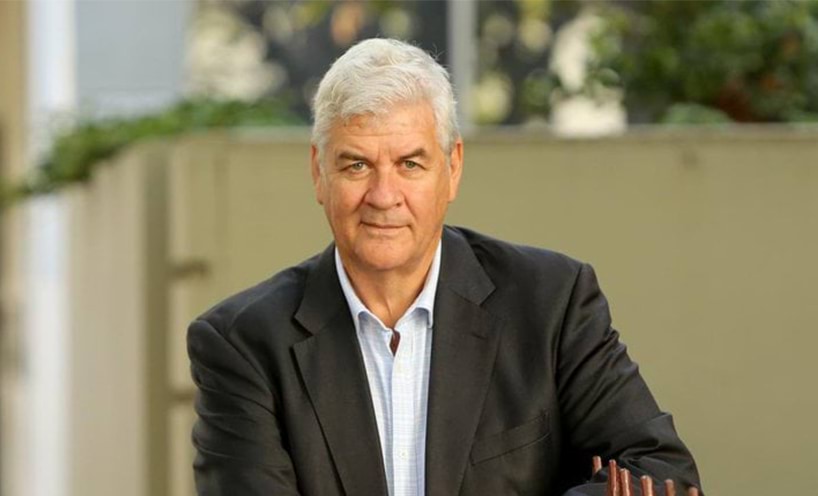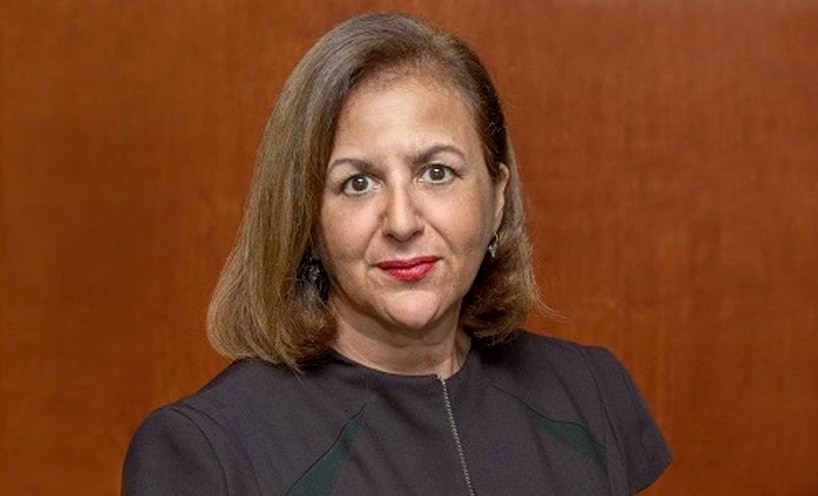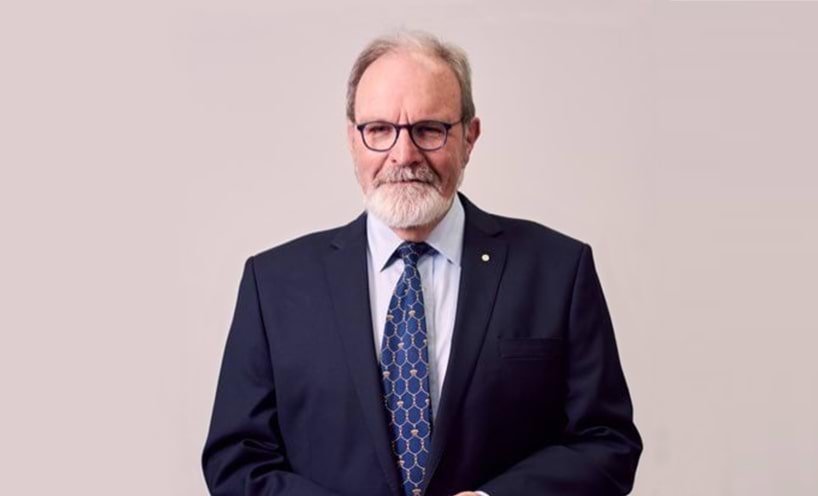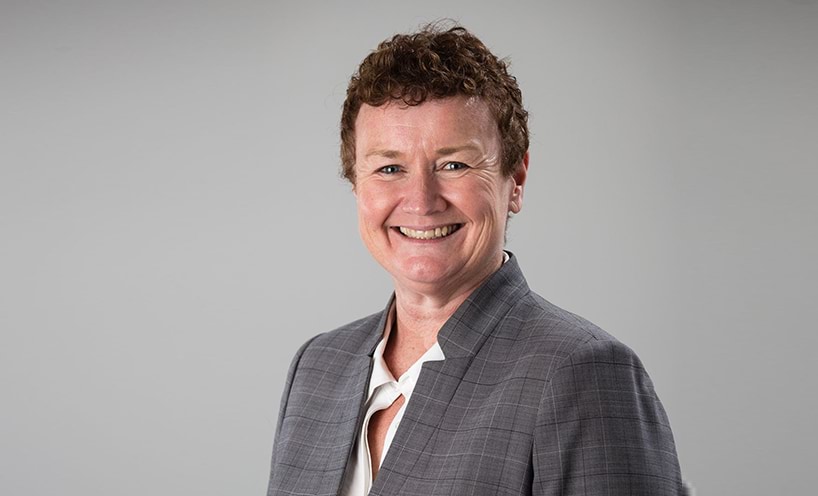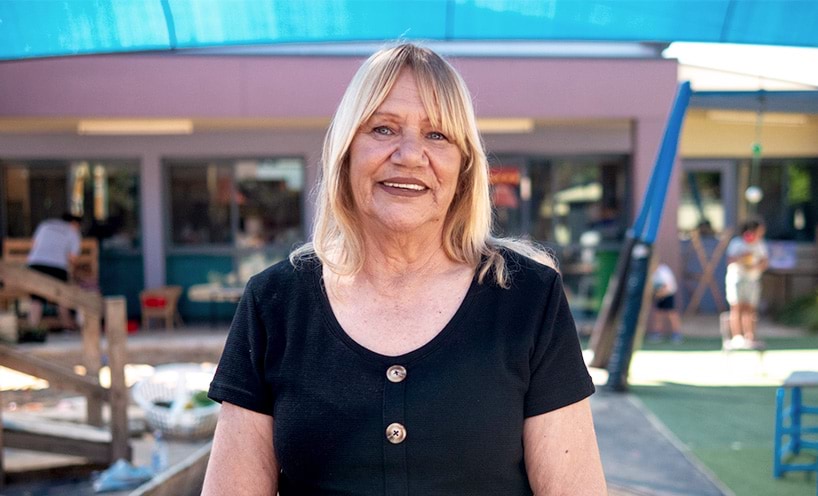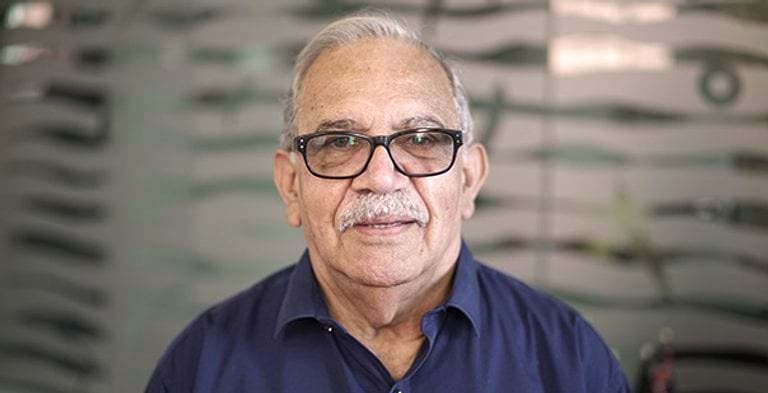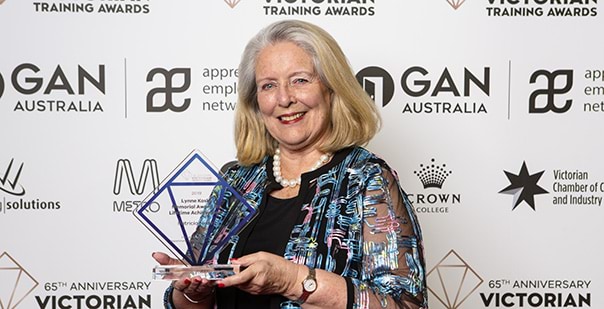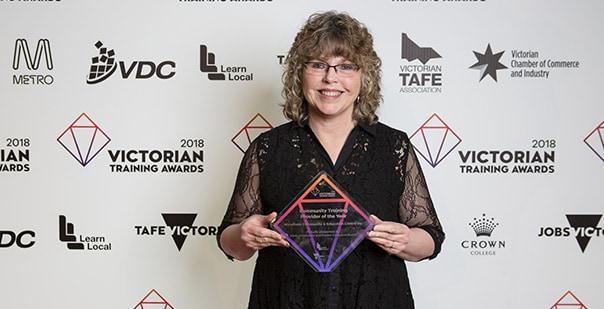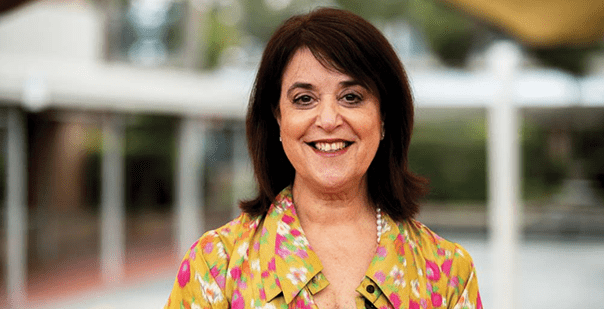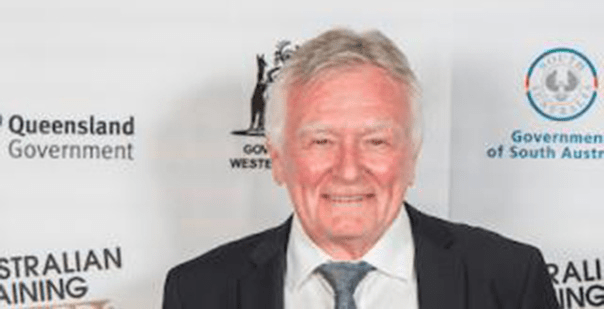The Outstanding Achievement in the TAFE and Skills Sector Award (previously known as the Lynne Kosky Memorial Award for Lifetime Achievement) is presented in recognition of an individual’s outstanding leadership and contribution to the Victorian TAFE and training sector for more than 15 years.
Recipients of this prestigious award have reached a pinnacle of their profession or industry and have demonstrated long standing commitment and outstanding leadership in the Victorian TAFE and training sector.
Learn about their contributions and achievements
Recipients have been selected because they have:
- positively influenced policy or practice on a state, national or international level
- earned recognition by industry, training, or employer groups
- earned the respect of professional peers for their advocacy, innovation, new knowledge, improving professional practice and training delivery, mentoring or committee participation.
Honour roll since 2016
Updated

